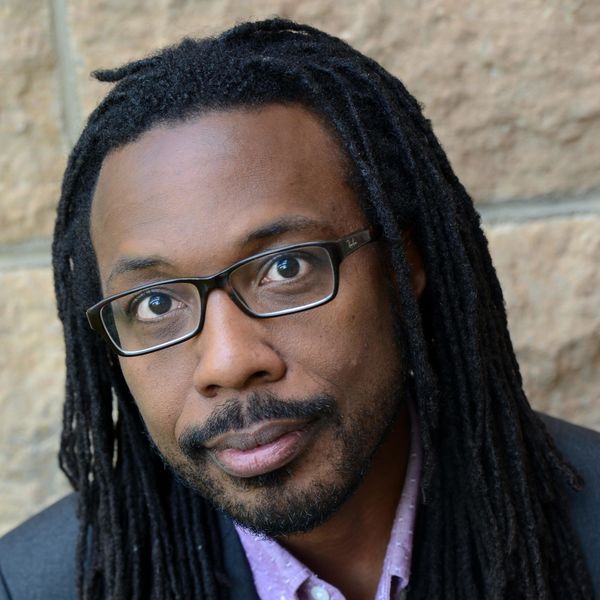Keep this in mind, dear brothers and sisters.
Let every person be quick to hear, slow to speak, slow to anger;
for a person’s anger does not fulfill God’s justice.
Strip away all that is filthy, every vicious excess.
Humbly welcome the word that has taken root in you,
with its power to save you.
Act on this word.
If all you do is listen to it, you are deceiving yourselves.
A person who listens to God’s word but does not put it into practice
is like a man who looks into a mirror at the face he was born with:
he looks at himself,
then goes off and promptly forgets what he looked like.
There is, on the other hand,
the man who peers into freedom’s ideal law and abides by it.
He is no forgetful listener, but one who carries out the law in practice.
Blest will this man be in whatever he does. (James 1:19–25)
I’m a TV junkie. I confess it. I have been one for as long as I can remember. I even picked my major as an undergraduate based on my love for the "boob-tube." Recently in a conversation with a colleague I mentioned how “beautifully done” Game of Thrones was. She looked back at me with a smirk and asked how a show filled with violence, rape, incest, and a general negative disposition be “beautifully done.” I surprised myself with such a quick response: “because it laid bare the complexity of the human condition.” (How’s that for self-serving rationalization?)
I propose that we make a mistake when we Christians gloss over, or even try to hide negative emotions, as if the heart of Christianity is synonymous with being nice, pleasant, and well mannered. The biblical texts don’t hide such an important aspect of the human experience. They lay it bare.
The psalms are perfect examples of the range of human experience. There is only a subtle touch of this in Psalm 27 [one of the Psalms prayed this evening]:
Instruct me, LORD, in your way;
on an even path lead me.
When they lie in ambush protect me
from my enemy’s greed.
False witnesses rise against me,
breathing out fury. (Ps 27:11–12)
This is nothing in comparison to the last verse of Psalm 137:
Blessed the one who seizes your children
and dashes them against the rock. (Ps 137:9)
These poems and songs that have been passed down for generations make plain such a wide variety of human emotion. They record the good, the bad, and the ugly. René Girard says that the Bible is “a text in travail,” a text fighting with itself to reveal what the true God desires for us, releasing us from the chains of fear and violence:
In the Hebrew Bible, there is clearly a dynamic that moves in the direction of the rehabilitation of the victims, but it is not a cut-and-dried thing. Rather, it is a process under way, a text in travail . . . a struggle that advances and retreats.[1]
But we don’t get there by pretending that we have no such feelings. We should not be surprised by the anger and hatred, the vitriol and violence that dominate our public discourse. It is not just "those people out there," it is us.
Deep below every negative emotion—every fear and pain and resentment, and every moment of rage—is a profound and uncircumventable NEED. The Word of God is planted within that need, that poverty of spirit. It can become a rich soil—and yes, sometimes it smells like fertilizer—it can become a rich soil not for violence and wrath, but for righteousness and truth.
Like James tells us, listen to THAT Word. Look into the mirror and look honestly, and don’t run off and promptly forget what you look like. You were made in the image of the invisible God, created through Christ and created for Christ. You and I, we are God’s children.
When we see within ourselves, down past all the levels of our being, we will peer into freedom’s ideal law and perhaps then, God will give us the strength to abide by it. And there will be no space between HEARING God’s Word and DOING God’s will.
Editors’ Note: This post was delivered as a homily during Vespers for Wednesday of the Twenty-First Week in Ordinary Time.
Featured Image: twipzdeeauxilia via flickr; CC-BY-SA-2.0.
[1] René Girard, Walter Burkert, et al, “Generative Scapegoating” in Violent Origins: Walter Burkert, René Girard, and Jonathan Z. Smith on Ritual Killing and Cultural Formation, ed. Robert G. Hamerton-Kelly (Stanford, CA: Stanford University Press, 1988), 141.
